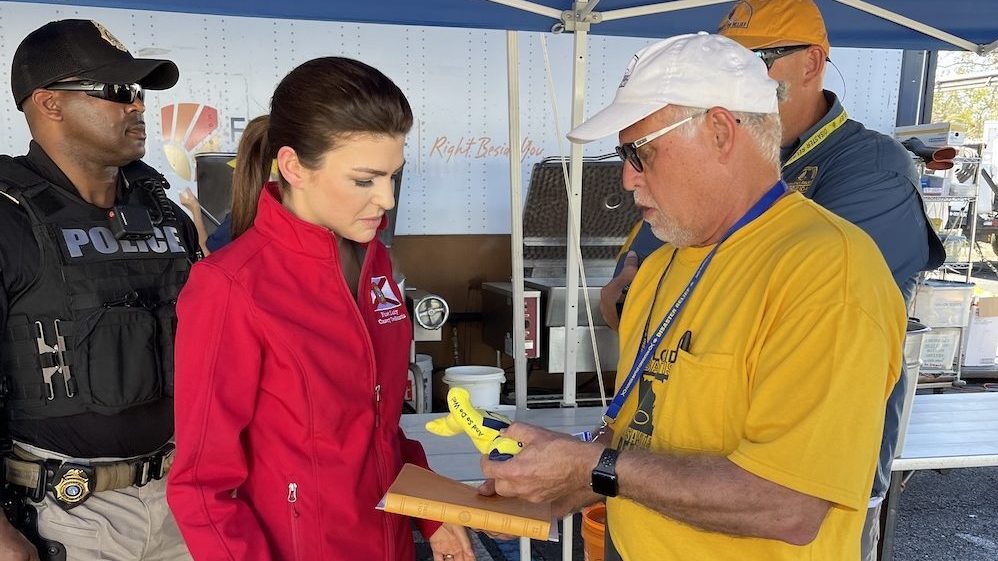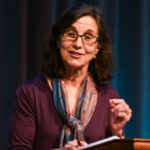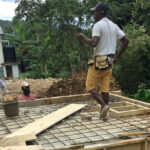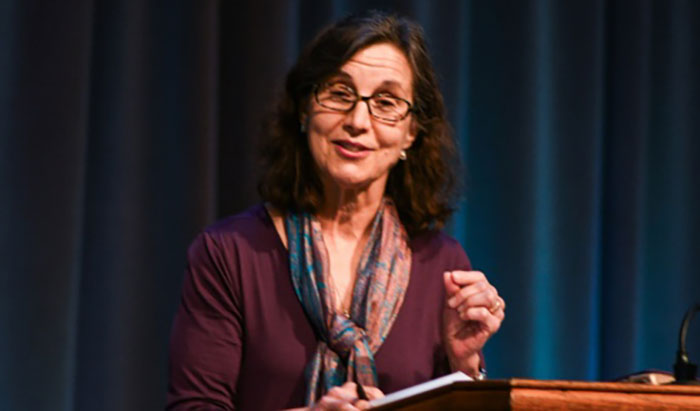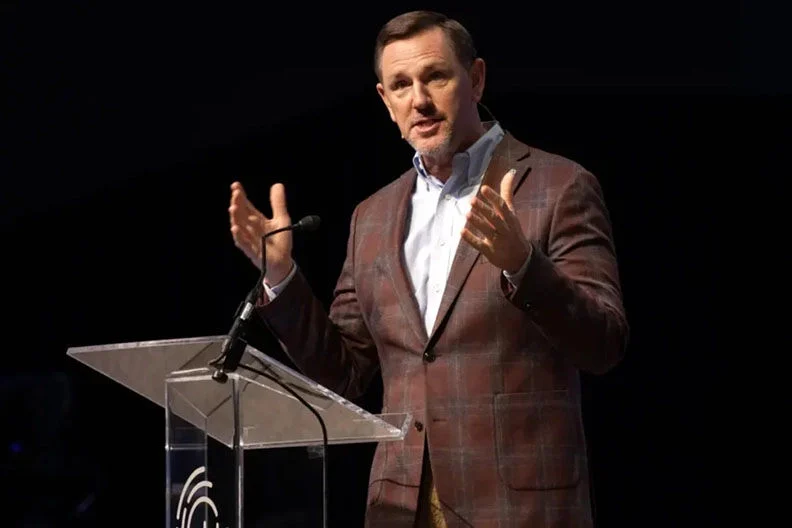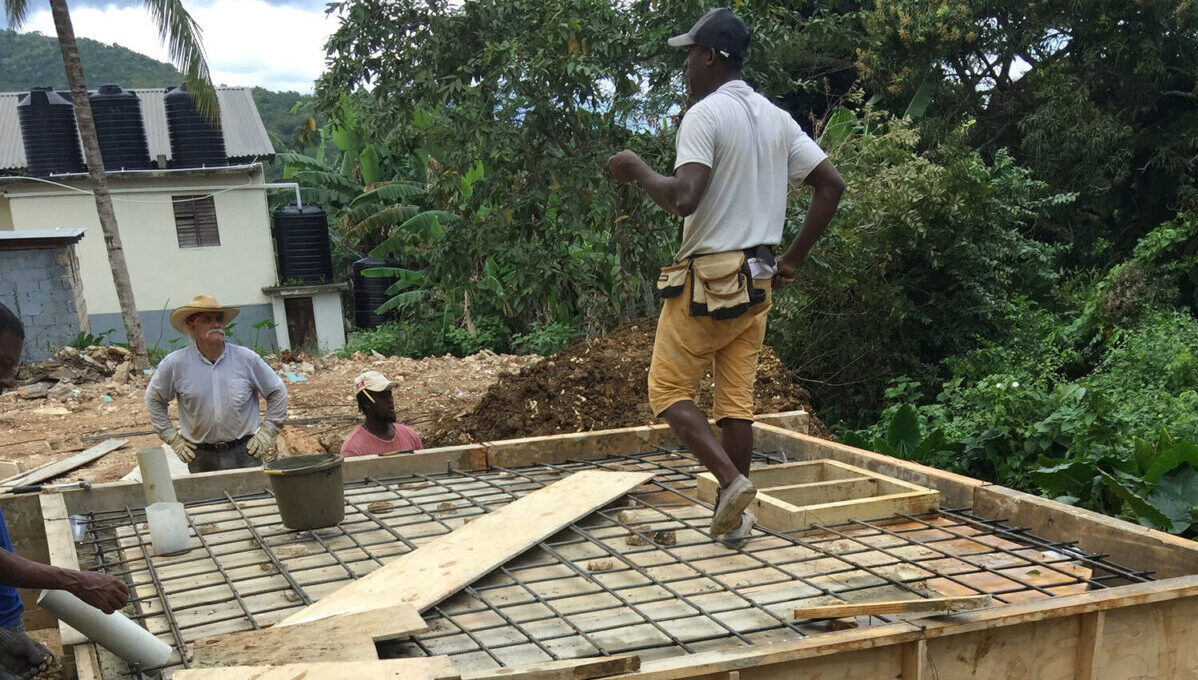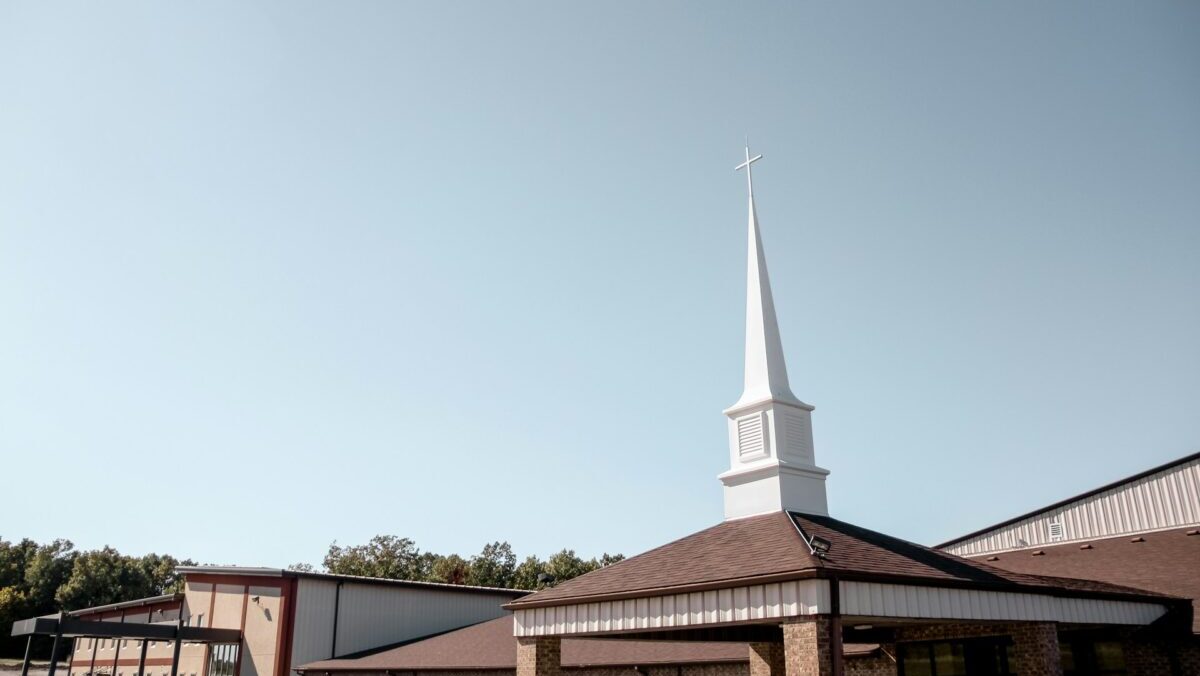A week ago, Marta Ramirez was settling into her new home in Port Charlotte, a harborside town in southwest Florida. This week she is picking up the pieces of what was left after the wrath of Hurricane Ian tore through the community Sept. 28.
Hurricane Ian crashed into Florida’s Gulf Coast as a Category 4 storm, bringing catastrophic winds, rain and an estimated 12-foot storm surge to cities in its direct path. The massive storm carried 155-mph winds, putting the storm just below the Category 5 threshold.
Southwest Florida media outlets used words like “staggering” and “overwhelming” to describe the intensity of the destruction Hurricane Ian left in its wake. In a media briefing Thursday (Sept. 29), Florida Gov. Ron DeSantis said the state had never seen a flood event of this magnitude.
In describing the damage left behind, DeSantis told reporters that areas of southwest Florida “got hit with really biblical storm surge.”
Bringing ‘help, healing and hope’ to those in need
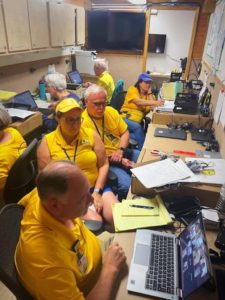
Following Ian, Florida Baptist Disaster Relief teams — in partnership with numerous other Baptist state convention DR teams — are beginning to respond to the enormous need left behind.
David Coggins, director of Disaster Relief for the Florida Baptist Convention, said that the staggering damage has prompted a multistate response by Southern Baptist Disaster Relief volunteers — including DR teams from Alabama, Florida, Louisiana, Mississippi, Missouri, North Carolina, Tennessee and Texas.
Florida Baptist Disaster Relief teams are responding out of Murdock Baptist Church in Port Charlotte. It’s a church known for its “missions-minded dedication to serving as the hands and feet of Jesus in their community and relentlessly preaching the gospel,” said Ron Tipton, senior pastor of Murdock.
With Lee County and Charlotte County forced to live off the grid due to the widespread power outages and water main breaks, food ministry is one of the most immediate practical and needed responses.
As a Florida Baptist DR command center, Murdock Baptist Church is able to serve more than 500 meals a day to the public, Tipton said.
“Our site at Murdock Baptist Church in Port Charlotte has been operational since Saturday,” Coggins said. “We have already fed a lot of people, and our cleanup and recovery teams have already been going out and meeting the needs of homeowners.”
The Port Charlotte church is one of nine DR command center sites in southwest Florida.
The feeding and cleanup and recovery sites throughout the region are in Port Charlotte, Cape Coral, Wauchula, Venice, Arcadia, Naples and multiple locations in Fort Myers.
“With our nine feeding units that are already up and operational, we have the capacity to feed 160,000 people per day,” said Tommy Green, executive director-treasurer of the Florida Baptist Convention.
In an effort to bring help, healing and hope to those in need, DR volunteers are trained in feeding, cleanup and recovery, on-site management, childcare, chaplaincy, counseling and administrative support.
“This is just a beautiful cooperative effort of the family of God coming together,” Green said.
“Be in prayer that God will use this to make His name and fame known in this area and that many people will seek Christ and come to know Him as Lord and Savior through the efforts of disaster relief,” he noted.
Send Relief, the Southern Baptist compassion ministry partnership between the North American Mission Board and International Mission Board, is also working closely with FLDR to meet the ever-increasing needs in the storm’s aftermath.
Ways to give
Check with your church, association or state Baptist convention to find out how they are contributing to ongoing relief efforts. To contact your state convention for more information, click here. Or, for more information about Send Relief, click here.
EDITOR’S NOTE — This story was written by Jessica Pigg and originally published by the Florida Baptist Convention.

